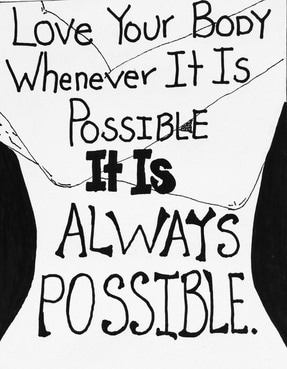 "Where in your body do you feel your sadness?" I am sitting in a darkened room in an old victorian house in NW Portland, and my therapist has just asked me a question that I had never before considered. I close my eyes and realize I do feel my sadness, and it is in the lower left quadrant of my torso, and I let her know. "Why do you think you put it there?" For some reason, I know innately, I store it there so I don't have to think about or feel it. I let her know that as well. The conversation goes on, and by the end of that 50 minute session, I have a whole new understanding about my body and how I use it to store my emotional pain. At the end of the session, I leave a bit stunned, and forever changed. At the age of 22, I endeavored on a life-long journey to unravel the mysteries of my body. At the time, I was on a Macrobiotic diet which consisted of cooked vegetables, whole grains, pickles, sea vegetables, nuts, seeds, and miso. I was on that diet because a year earlier my body stopped digesting food, and I found out I was allergic to sugar, dairy, citrus, wheat, bananas, and apples. My Naturopath suggested a cleansing diet for a year, and I chose Macrobiotics. I never considered that my emotional state had anything to do with the way my body digested food, but after that therapy session, I was convinced that it did. I had given up on Western medicine. MDs never told me anything about my body, and were never concerned with actually healing it and helping it to function well. It was always about taking a pill or cutting something out. This felt like a violation, so I stopped. Instead, I went to acupuncturists, naturopaths, homeopaths, and chinese medicine doctors, because they all talked to me about my body as if it was important, valuable, and as if it was related to everything around it; the seasons, the region where I lived, where my ancestors lived, and so on. I came to see my body as a map of sorts. I learned a great deal about my body every time I went to one of these doctors, and from that point on, my approach to health care was proactive, rather than reactive. Twenty-five years later, I am still discovering new things about my body, what I am capable of, and what my limitations are. As I sit here writing this, I am nursing a cold. I know now that my body wanted a break and that I did not read the subtle signs it was sending me, so I got this. It is not so bad, really, though obviously, I would rather be healthy, as would my body. This is body positivity at its most functional. Realizing that what my body looks like is completely random and almost meaningless in contrast to how it functions, what effects it, and how I can use it to understand my emotional and energetic bodies has been freeing. I know, from experience, that putting anything in my body that is not food will harm it. I know that eating processed food weakens my immune system. I know that the more vegetables and fruits I eat, the better I feel. I also know that my body is different from everyone else's, and what works for me might not work for everyone. Our modern society has a sickness which I reject. It is a hold-over from centuries past, where everything must look perfect in order to be considered healthy, no matter what is going on underneath. Our culture now has not progressed past this, and in fact, I would say it has become worse. It is why women get nose jobs, implants of all kinds, go on crazy and dangerous diets and why people spend hours and hours and hours in the gym. It is why men are raised to be emotionless; homophobia has insured that men are raised to have a tough exterior. This sickness is killing our culture because it is resulting in a society in which everyone must look and act alike. There are many ways to consider your body, but the worst thing you can do is take society's cue and view your body as an object, or an ornament, or at the very worst, the enemy. The best thing you can do is to determine, on your own, how to relate to your body. Create a relationship with your body based on respect, love and compassion. Do not believe that the "better you look" based on some contrived and unattainable standard is the best way to measure happiness. This is why I love my body. I have such respect for it. I am in awe of it. And I am grateful for it because I know that when I get symptoms, my body is trying to tell me something, I only need to de-code the message. I know that beautiful to me is the only beautiful that matters, and if I am honest, feeling good about myself is as beautiful as I could ever hope to be. This is what body positive means to me. That my body plays a major role in the decisions I make in my life, and that above all, I treat myself and my body with kindness, compassion, and acceptance. I alone make the rules for my body, and I alone live by them. This is what it means to be empowered. This is what it means to be free. What type of relationship do you have with your body? Do you consider it daily, or only when something goes wrong? Think about it like you think about any relationship you care about.
|
A Love Rebellion.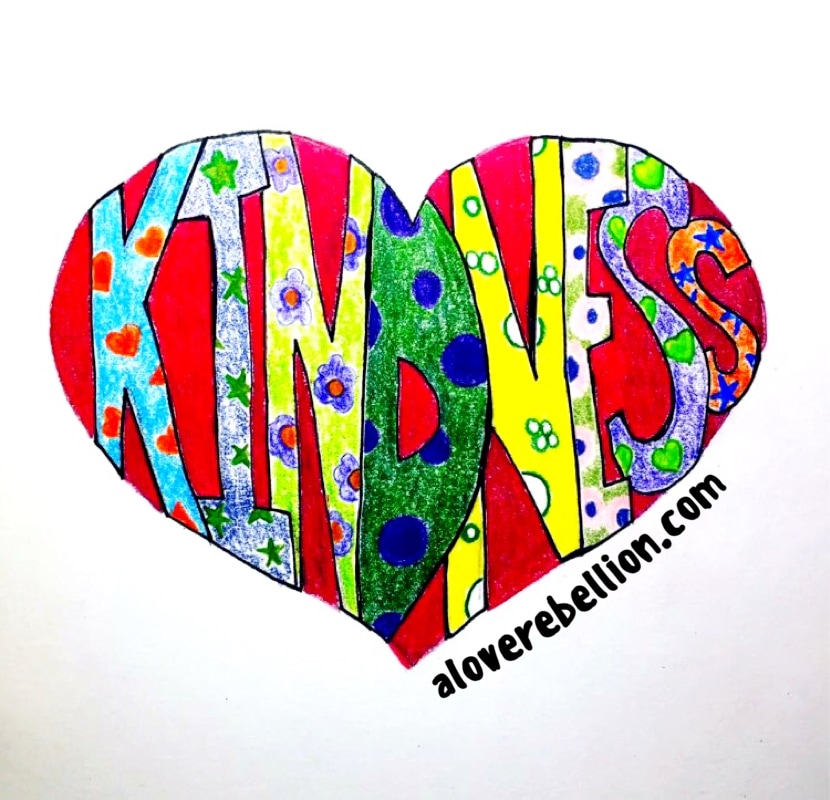
Be a part of A Love Rebellion. Spread love, hope and compassion.
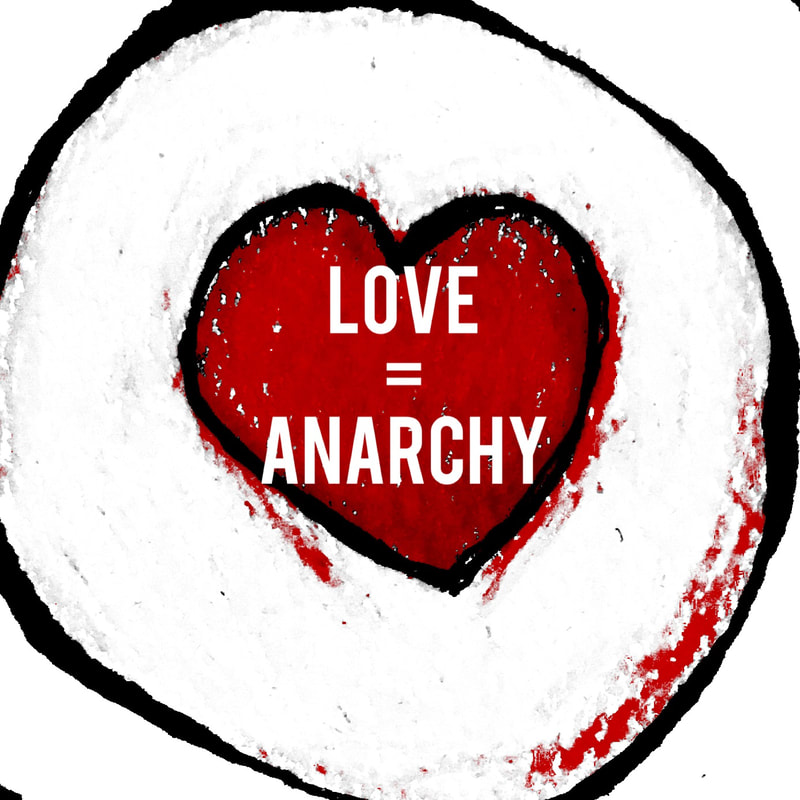
Artist WebsiteOnly the highlights from my creative life. Just click on the image.
Most Popular
My work is supported by my readers. If you feel like you get something out of this every week, and you feel you are able, a $3 to $15 monthly subscription will help me bring you all the ass-kicking content possible. Thanks so much for your support.
Archives
June 2019
|
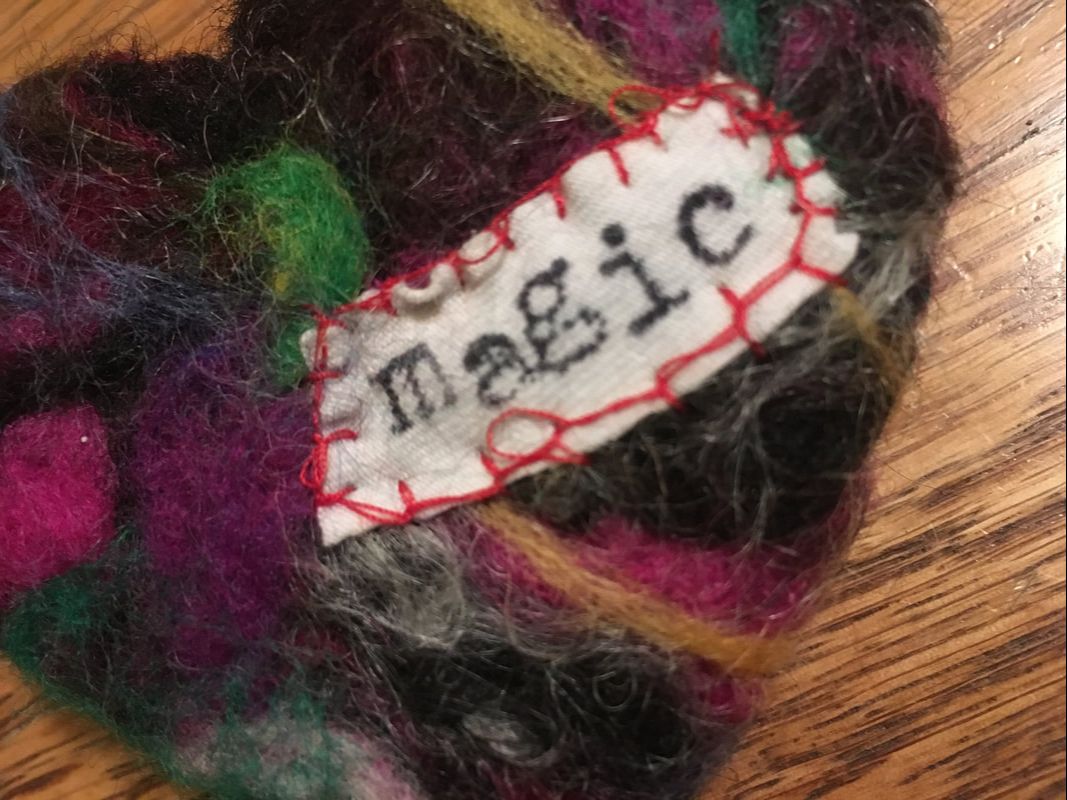
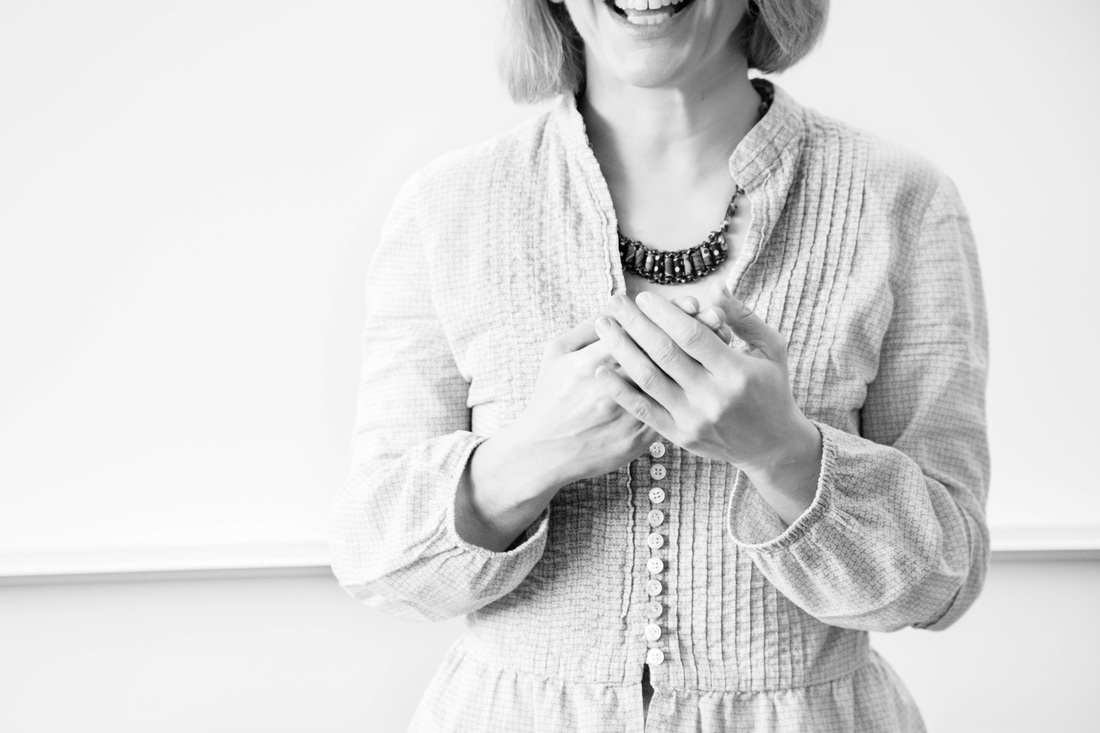
 RSS Feed
RSS Feed
